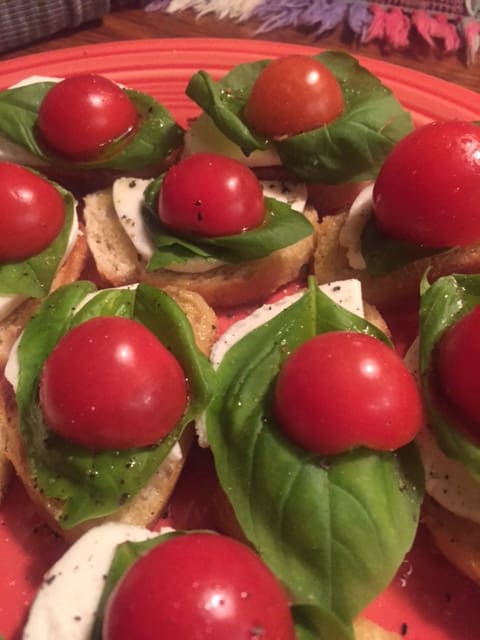by Courtney Coon
One of the most important things at retail is staying up on trends. Positioning yourself as the place to go for customers to shop for what is new and what will work for them is the best way to create customers for life. One of these such trends are edibles that are consumer friendly and will make people proud that they grew something that not only was good for them, but they had fun doing it.
This season, Peace Tree Farm in Kintnersville, Pennsylvania, will be offering about 100 varieties of certified organic herbs and 80-90 varieties of certified organic vegetables for retailers on ePlantSource.com says Stephanie Whitehouse, Peace Tree’s sales and marketing manager.
All varieties will be sold in generic, 1-quart pots for gardeners looking for instant impact. Whitehouse said “customer favorites” will be available in garden starter pots (about 2.5-inch pots) for people who want to watch their garden grow over time.
Customer favorites include:
- ‘Mojito’ Mint: This plant has larger leaves than spearmint making it more desirable for cocktails. ‘Mojito’ mint is incredibly popular at Peace Tree Farm.
- Basil ‘African Blue’: A variety that is known for its culinary and ornamental value. Its deep purple flowers are pollinator attractants.
- Sweet ‘n Neat Tomato: At Peace Tree Farm, this tomato variety produces compact fruit and is a popular item for those growing in a limited space.
- Lavender ‘Phenomenal’: Patented by Peace Tree, Lavender ‘Phenomenal’ is a great garden performer that is constantly sold out. The company sells about 15,000 plants a year.
“The fact that these varieties have multiple purposes makes them popular,” Whitehouse said. “A lot of people think they are just for eating, but they are also wonderful garden plants and great ornamental plants.”
Whitehouse adds, “Because gardeners are searching for plants with dual roles, edibles are all the rage. Plants that customers can eat and enjoy in the market can have a direct impact on your bottom line.”
“If you are choosing varieties that are popular and great garden performers, they are certainly a program that can influence your bottom line for a season,” Whitehouse says. “Edibles are a gateway drug to gardening. If they haven’t tried gardening, they will try something they can eat and that will transition into more.”
How should retail-ready edibles be displayed in your garden center?
Whitehouse suggests you cross-merchandise edibles with other plants that have similar functions. For instance, Basil is a great pollinator, so it should be displayed with other popular pollinating plants.
If your garden center sells food items, Whitehouse recommends you merchandise potted herbs and vegetables in the food section.
“Sickles Market in Little Silver, New Jersey does a great job of this,” she says. “Their tomato plants are merchandised next to ripe tomatoes so customers can buy the product or try their hand at growing their own.”
“Think outside the box,” Whitehouse declares. “Be creative. Edibles are not a trend that’s going away any time soon.”

